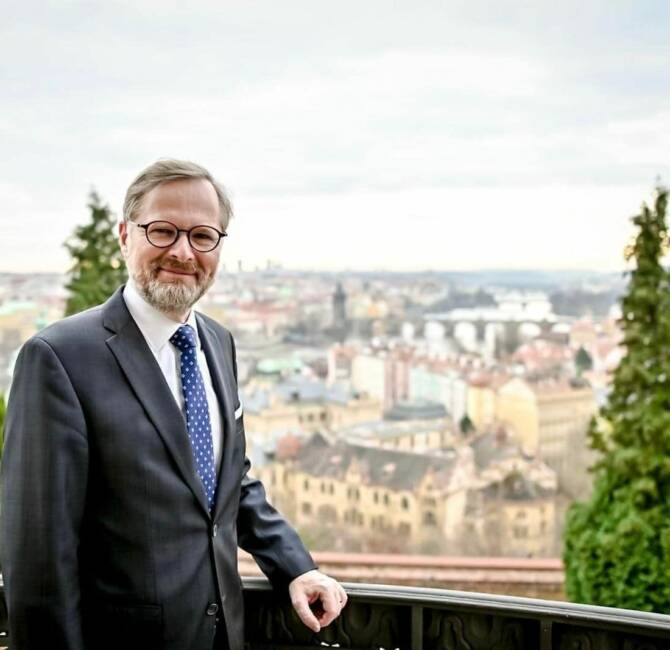Central Europe – Czech Prime Minister Andrej Babiš played host to Austrian Chancellor Sebastian Kurz and Slovakian Prime Minister Eduard Heger at Lednice Castle near Břeclav in southern Moravia on Tuesday, September 7. The risk of a new migration crisis was on the agenda, with many Afghans fleeing their country following the Taliban takeover in Kabul.
Supporting Afghans in neighbouring countries
“We have to support these people, which is why Austria has decided to spend a large amount of extra money, 18 million euros, to support Afghans in neighbouring countries”, the Austrian chancellor said at a joint press conference.
“But we cannot allow a repeat of 2015 to happen. We are opposed to illegal immigration. We will fight smugglers and human trafficking. There must be no uncontrolled migration to Europe.”
Preventing illegal immigration
Andrej Babiš fully agrees:
“Illegal migrants pay to come to Europe. We must prevent this […] There is really no place for them in Europe […] The issue of immigration is back once more. We are now witnessing a new situation in which the Belarusian regime is beginning to use immigration as a hybrid weapon.”
Babiš also referred to the tense situation on the borders between Belarus and its western neighbours, with Poland having to declare a state of emergency in the border area.
“From a Western European perspective, it must be added that we have been under migratory pressure for many years. It is important to protect the external borders, to take decisive action against smugglers, and to send clear signals to all countries”,
Chancellor Kurz added.
Another wave of migration could form
Similar messages were heard in Budapest, where Hungarian Prime Minister Viktor Orbán played host to his Serbian counterpart Ana Brnabić. The Serbian prime minister believes that “sooner or later another wave of migration could emerge” and she explained that her country, although not yet a member of the European Union, was calling for a common European position, as Serbia is on a transit route used by migrants to travel from one EU member state [Greece] to another [Germany].
“It would be good if migrants […] were vetted in the first EU member state they arrive in. People should be helped so that they do not have to leave their homeland and go to Europe.”




